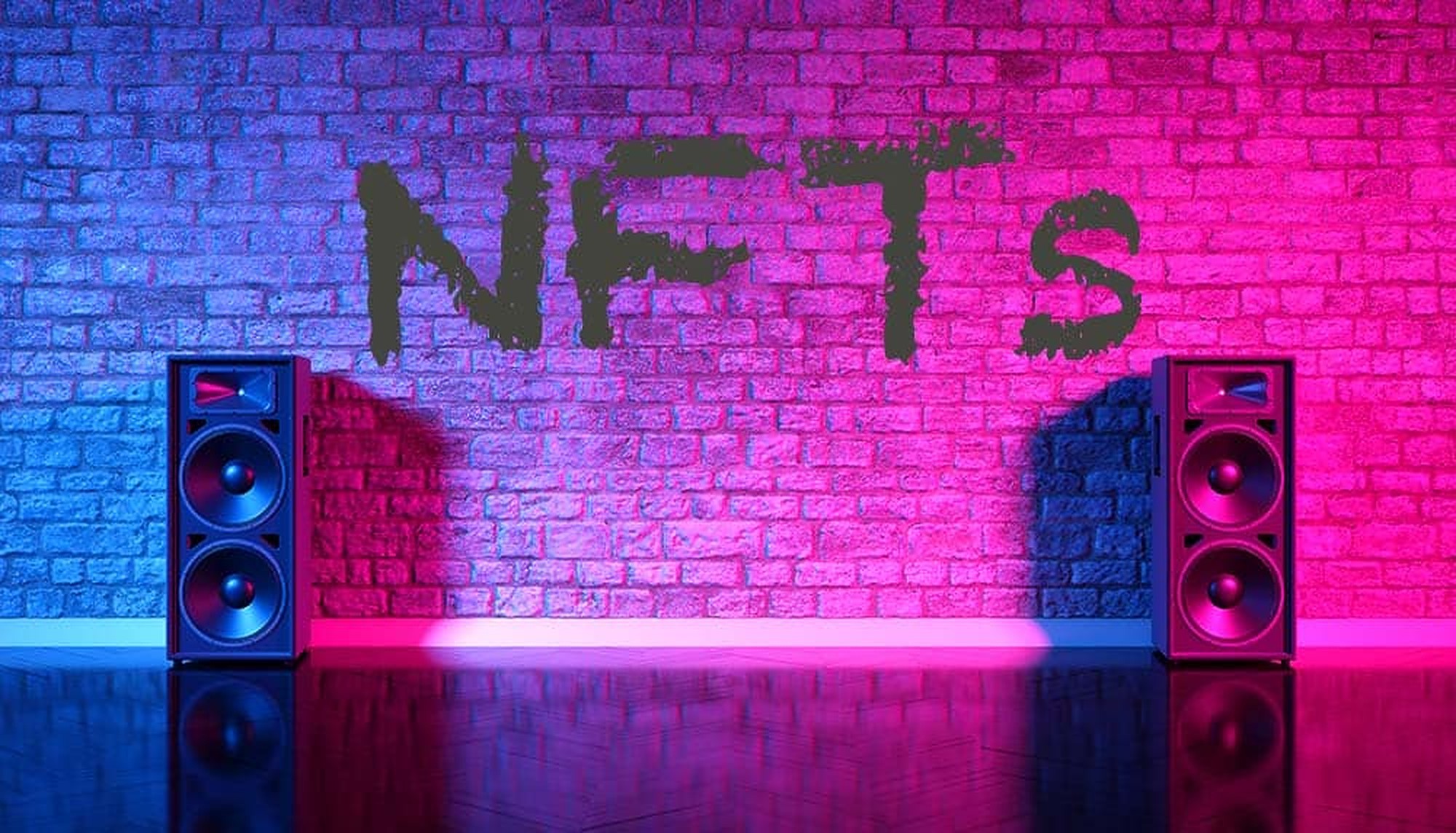The recent enforcement action by the United States Securities and Exchange Commission (SEC) against an NFT project has ignited a debate within the community, raising concerns about potential repercussions for similar projects falling under the same description and becoming targets for future SEC actions.
On August 28, the SEC took legal action against entertainment company Impact Theory, alleging the sale of unregistered securities through their NFTs named “Founder’s Keys.”
The SEC claims these NFTs were marketed as investments in the company, resulting in a purported fundraising of approximately $30 million.
The SEC contends that the NFTs in question meet the criteria for investment contracts and should be classified as securities.
According to the commission, the company violated the Securities Act of 1933 by conducting NFT sales without proper registration.
However, not everyone concurs with the SEC’s stance.
On the same day, SEC commissioners Hester Peirce and Mark Uyeda expressed their dissent, arguing that the statements made by the company and purchasers cited in the order do not constitute the kind of promises that form an investment contract.
Peirce and Uyeda further highlighted the SEC’s inconsistency in not pursuing enforcement actions against sales of other collectible items like watches and paintings that also come with vague promises of brand-building and increased resale value.
The incident has elicited reactions from community members who believe that numerous NFT projects align with the SEC’s description.
READ MORE: Europe Welcomes First-Ever Bitcoin ETF
A representative from the well-known NFT collection Azuki noted the potential significance of the case, suggesting that multiple NFT projects could share similarities with the charged project.
Critics contend that many NFT project founders, akin to Impact Theory, promote their offerings by enticing potential buyers with promises of profits tied to the project’s success.
In a conversation with Cointelegraph, Oscar Franklin Tan, Chief Legal Officer of NFT platform Enjin, expressed concerns over labeling all NFTs as securities.
Tan emphasized the diverse nature of NFTs, which can range from visual art to health records and property titles.
He cautioned against stifling creators’ exploration of various Web3 models due to regulatory uncertainty.
Tan emphasized the need for clearer regulatory guidelines from the SEC to prevent creators from inadvertently producing investment products and hindering the potential benefits of Web3 models.
This situation is not the first instance where NFTs have been debated in the context of securities.
Earlier in the year, a U.S. judge indicated that NBA Top Shot NFTs might qualify as securities based on the legal relationship established between investors and promoters.
As the debate rages on, the outcome of this case could set a precedent for the classification of NFTs in terms of securities regulation, shaping the future landscape of NFT projects and their interactions with regulatory authorities.
Other Stories:
Argo Blockchain Shows Resilience with 50% Reduction in Half-Year Losses
Shibarium Surpasses 100,000 Wallets in 24 Hours Post-Relaunch
Anticipation Grows as Bitcoin Halving Nears, Experts Predict Surge Beyond $100,000




